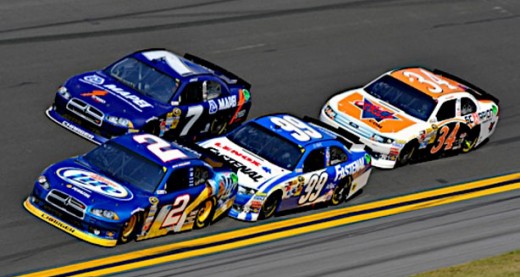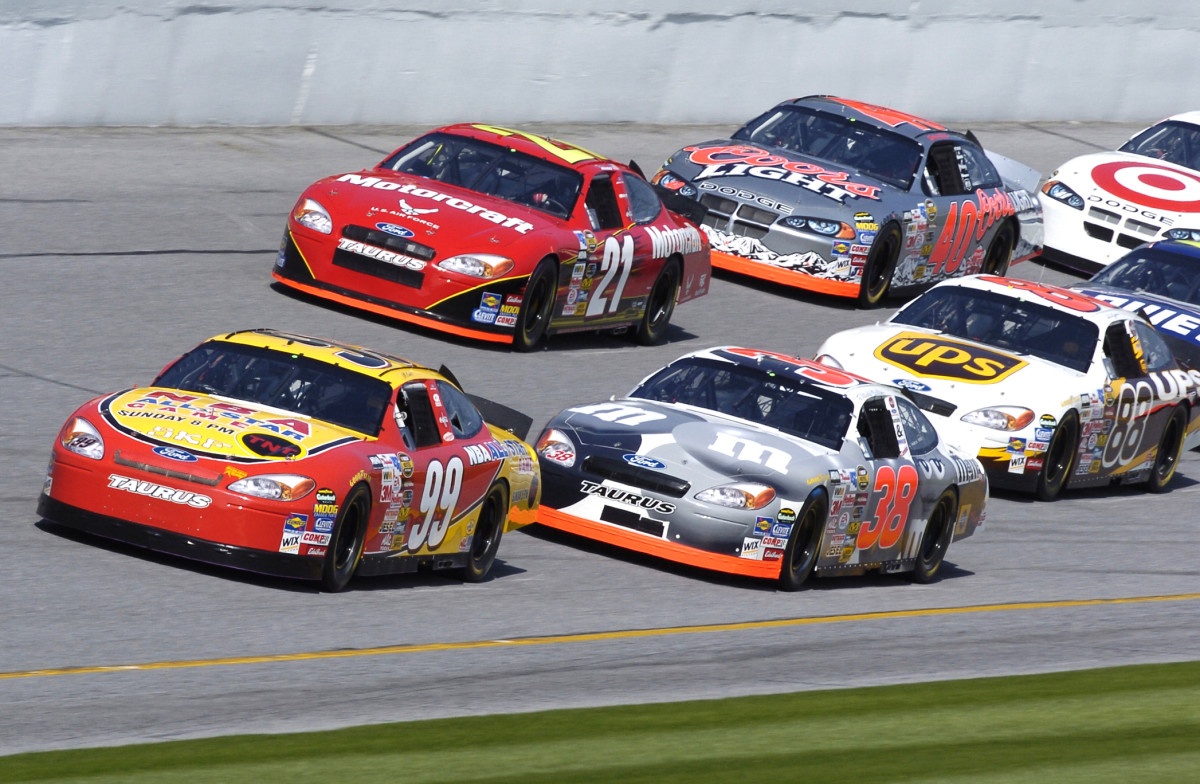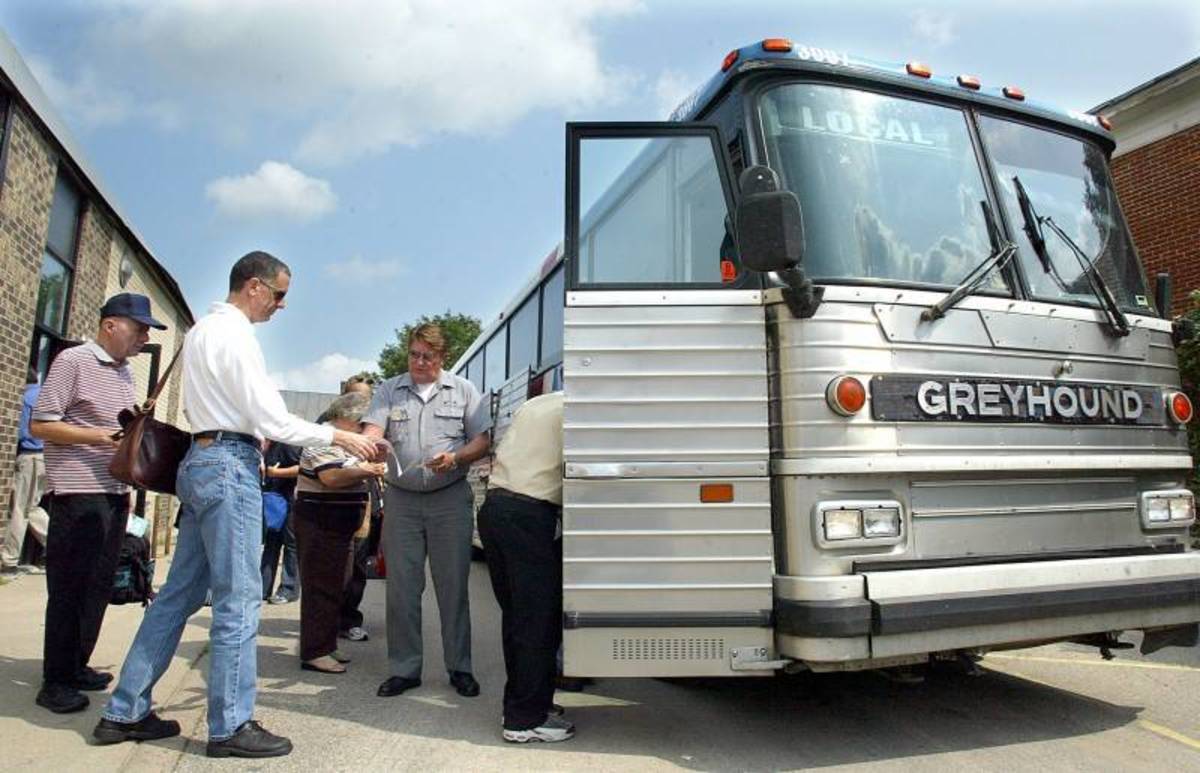Daytona 500: The Real Revenue Winner

The Real Winner
The Daytona 500, or better known as, "The Great American Race," attracts thousands of NASCAR fans every year to the Sunshine State. What began as a good place to race motorcycles and cars on hard-packed beach sand on Ormond Beach in 1903 grew to the first Daytona 500 on February 22, 1959. That race, which was viewed by 41,000 spectators, hosted a field of 59 cars for a 200-lap race with a $67,760 purse.
Daytona Beach has a population of roughly 66,000 residents, but receives over 1 million visitors every year. There is 47 miles of beautiful, sandy beach, and quiet museums and parks, but it is the events that bring in the people--- and the money. Between Bike Week, Black College Week, The Daytona 500, and Spring Break, the city of Daytona Beach brings in a lot of revenue, with a big slice of that pie going back into the marketing machine that helps to keep Daytona Beach fresh in the eye of the nation.
But, it is the race watched by millions every year that serves as largest cash cow. Today, the Daytona 500 sells out every year with more than 200,000 fans flocking to Florida to not only enjoy good auto racing, but to get away from the ice and snow and bask in the sun and surf. Fortunately for Central Florida, fun parks such as Universal Studios, Disney World, Sea World, and Lego Land all benefit from the influx of NASCAR junkies. As a side benefit for the tourism market of Florida, many more restaurants, hotels, mom and pop stands and t-shirt shops are raking in the dough because of this one race.
According to the Washington Economics Group (WEG), Inc. and Chuck Yaros, Daytona International Speedway brings in nearly $1.9 billion annually. This is because of all of the peripheral business tied to the Daytona 500 such as the Daytona Experience (where visitors pay a fee ranging from $135 to $2199 to drive or ride in real race cars around the Daytona track), and to other racing venues put on by NASCAR, Grand American, American Motorcycle Association (AMA) and World Karting Association (WKA).
The WEG also found that the Daytona 500 creates more than 32,000 jobs with $856 million in labor income. The report states that the racing events generate over $155 million tax revenue to local and state governments. Additionally, the report notes that the parent company of Daytona International Speedway, International Speedway Corporation, announced that its operations generate $2.3 billion in economic benefit each year.
In another study titled Residents’ Perceptions of the Impacts of Special Event Tourism , conducted by Leonard A. Jackson, University of Central Florida, it was revealed that approximately three-quarters of visitors to the racing events are repeat visitors to Daytona Beach, having attended previous racing events. Over 60% travel to the city using their own mode of transportation and almost 40 % of racing event attendees have college degrees. Over 55 % of attendees at NASCAR-sponsored events earn between $50,000 and $79,000 per annum. This is the income range that most event sponsors love to see because it typically translates to a good source of disposal income. In fact, the report states that racing event attendees spend $167 on average for accommodations, per day. Quite an impact for the hotels along A1A and US-1 and those further out from the Speedway. Of course, this is not even including the money spent on food, beer, souvenirs, and fuel to get back home.
The Daytona International Speedway even marketing folks have had years of practice in getting the message out about the Daytona 500, creating memorable experiences for those attending the event, and making sure to provide follow-up information for the next year’s race to insure repeat customers. They do this by creatively bringing in sponsors hungry for the eyes and attention of race fans. In 1994, the winner of the Daytona 500 competed against a local grandmother in a lawnmower race. The grandmother won, but the manufacturer of the lawnmower had their names in front of millions of fans watching on television.
The sponsors make money, but they pay dearly for the opportunity to have their name seen. What they pay goes back to the community. What spectators pay for an overpriced beer goes back to the community. What gas stations, convenience stores, liquor stores, Wal-Mart, and every other vendor in the path of racing fans make eventually goes back into the community of Daytona Beach.
In last year’s Daytona 500 (2011), Trevor Bayne was the winner pocketing $1,462,563. (Compared to Lee Petty, who won the first event in 1959 taking home a whopping $19,050.) However, the true winner of last year’s race, and every year before, is the community in the broadest sense. Between the money going to the tax coffers, the rise in employment, visits to the theme parks, restaurants and bars, the city of Daytona Beach is bringing in a heap. The real winner is the “World’s Most Famous Beach.”







